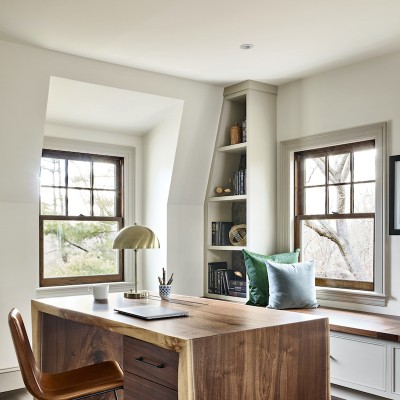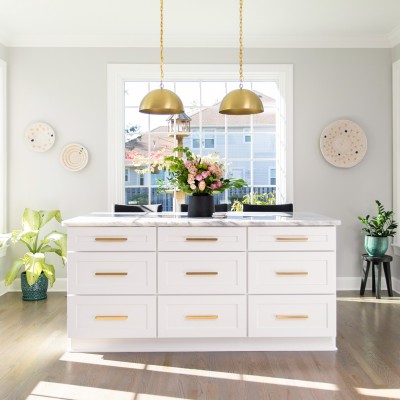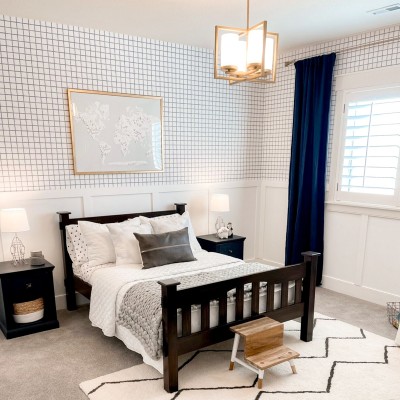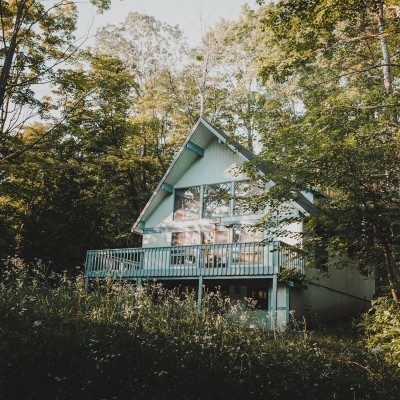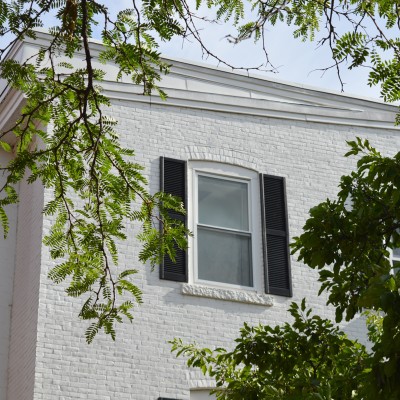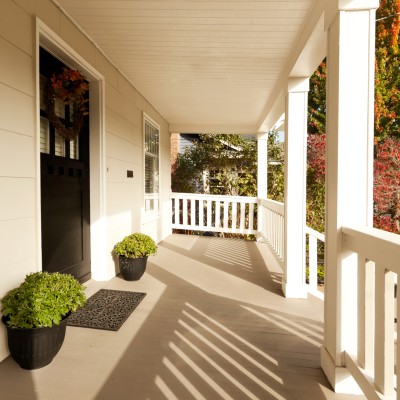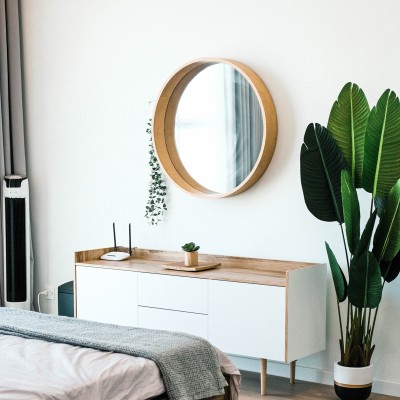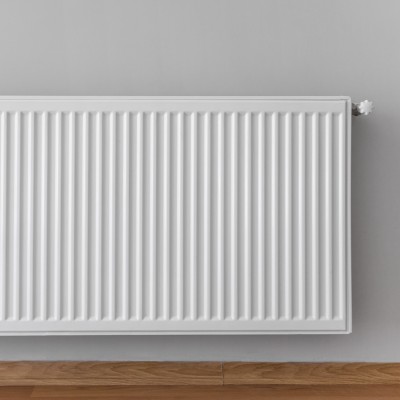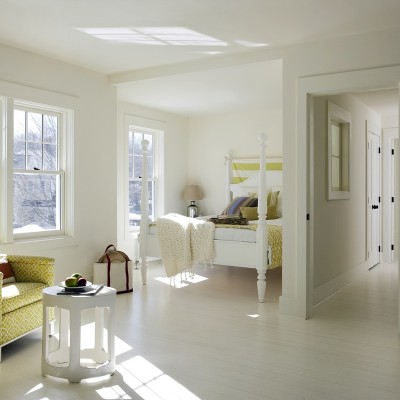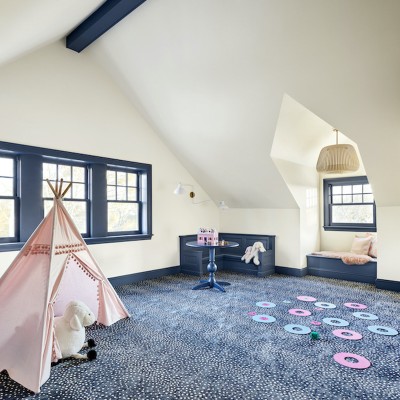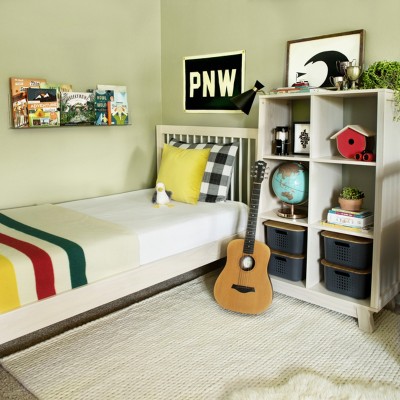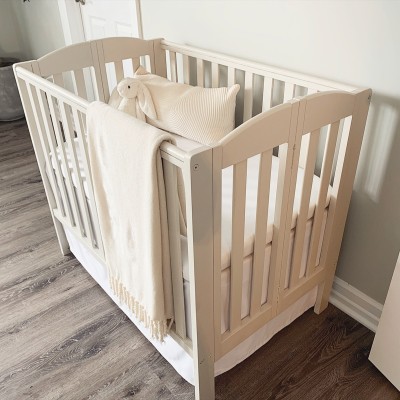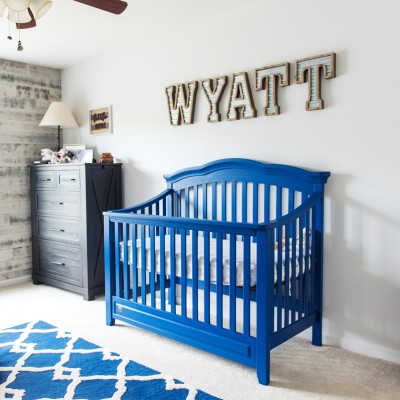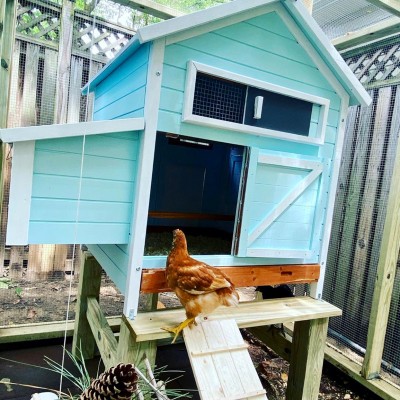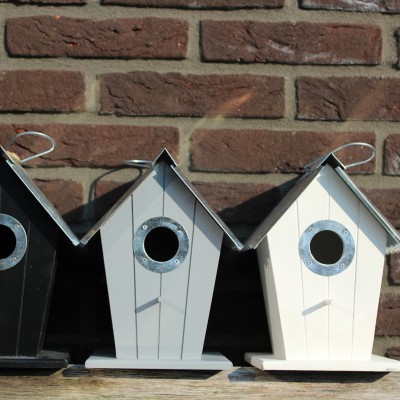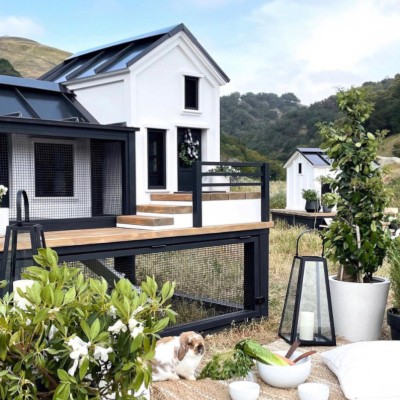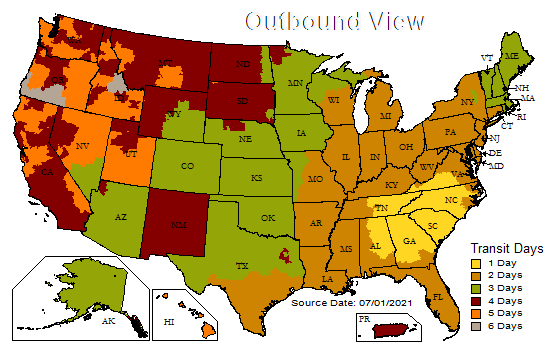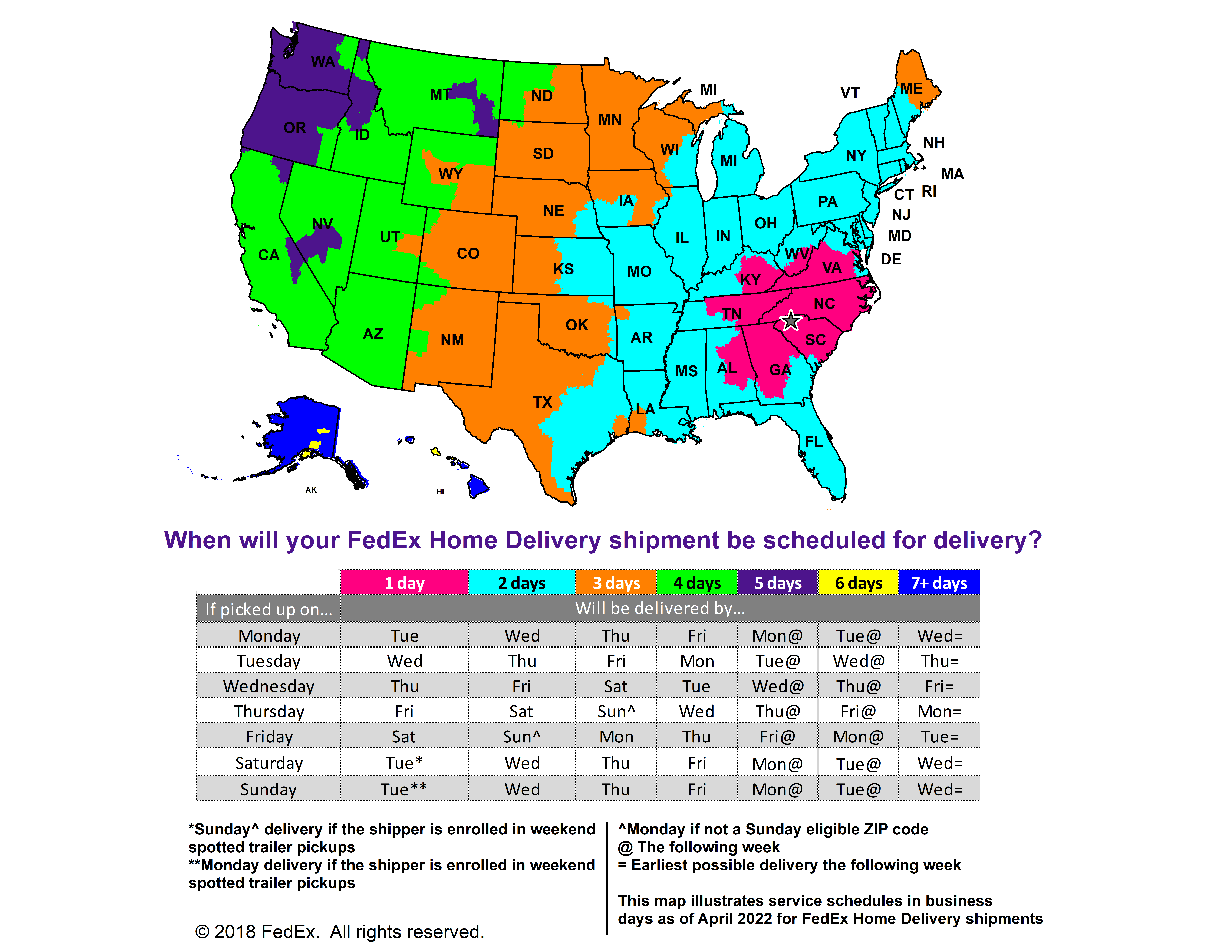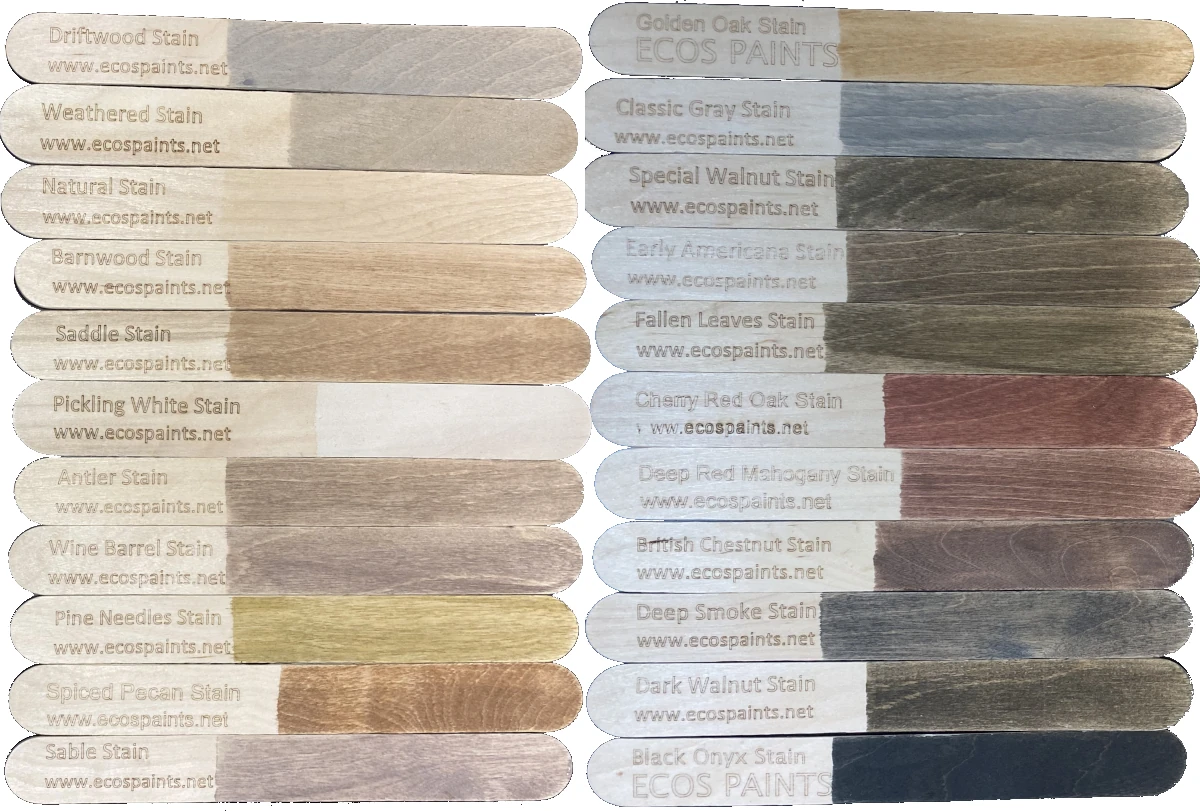5 Surprising Benefits to Tiny House Living
In the past decade or so, tiny houses have increased in popularity with Millennials (facing historic student debt) and Baby Boomers (looking for affordable retirement options) leading the movement. The diminutive abodes range between 100 and 500 square feet (compared to 2,600 sq. ft. for the average U.S. home), and proponents say they offer an array of amazing advantages. Curious about compact living? Here are 5 surprising benefits to tiny house living.
1) Tiny house living reduces your carbon footprint.
Tiny homes are more energy and resource efficient. Overwhelmingly so. According to a report from the Oregon Department of Environmental Quality:
- The biggest environmental benefits of a smaller home come from reduced electricity and fuel use, but also from avoiding additional material production.
- More than 80 percent of the greenhouse gas emissions over a home’s 70-year life occur during occupancy and come from electricity and fuel consumption.
- 14 percent of the emissions are tied to producing original and replacement building materials.
- Only 6 percent of building material-related waste occurs during home construction.
- 50 percent of the waste is generated during 70 years of home repairs and maintenance.
- The remaining 44 percent comes from the home’s demolition.
2) Tiny house living saves you money.
One of the biggest advantages of tiny home living is the monetary savings. Americans typically spend 30 percent or more of our incomes on housing. Choosing to live in a tiny home can drastically reduce housing costs. Imagine living without a mortgage. Imagine cutting your electricity bill by 80%. Imagine how much money you'd save simply by buying less since you have less space. You can even build a DIY tiny house for a fraction of the cost of a regular home – about $20,000, or an average of $35,000 if you hire a contractor.
3) Tiny house living leads to more free time.
Keeping up a tiny house takes less time. Moving into a smaller space means getting rid of stuff, which can be hard. But it’s also freeing because it translates to less time spent organizing and trying to find things. It also cuts down on cleaning time, just by virtue of having less space to clean! Also, with lower bills, people find themselves working less and enjoying life more.
4) Tiny house living can improve well-being.
When well-being and feelings of success are tied to having stuff, life isn’t very fulfilling. In fact, research has shown that materialism and consumerism can lead to unhappiness. Living in a tiny house means simplifying and limiting choices, which can be mentally freeing.
5) Tiny house living can strengthen relationships.
A tiny home necessitates that couples and families spend more time together. This builds relationships and is a blessing, but can also be a challenge. Avoiding interpersonal problems isn’t as easy in a small space, for instance. But tackling problems head-on may be best in the long run. One of the most promising reported outcomes of tiny house living is improved communication, which helps build stronger relationships.
Here are a few more facts about tiny house living:
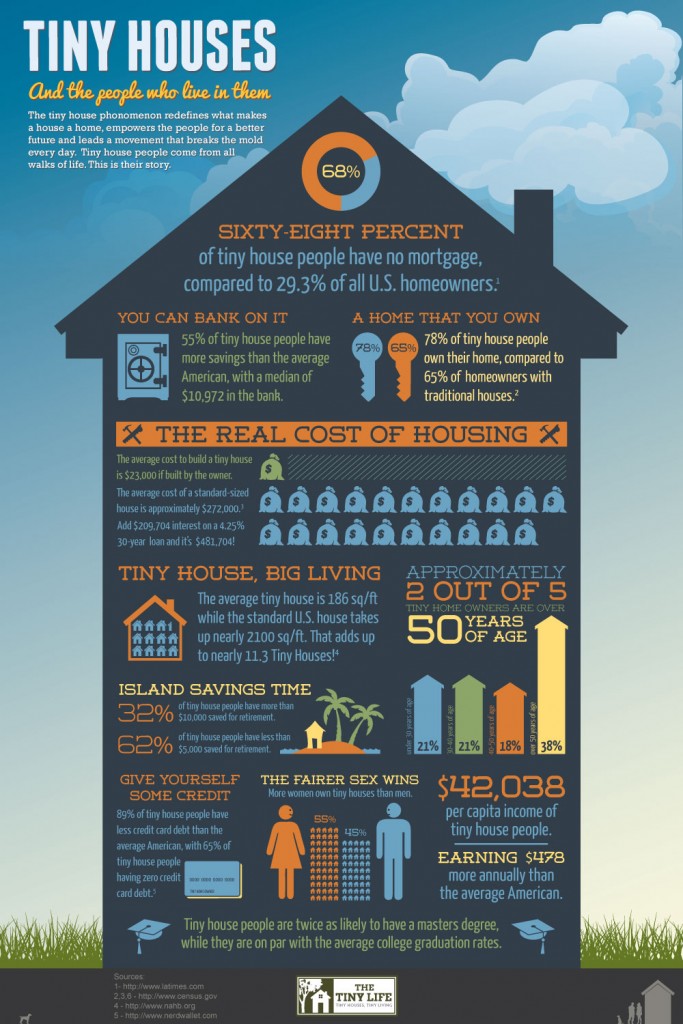
Are you considering tiny house living? Why or why not?

